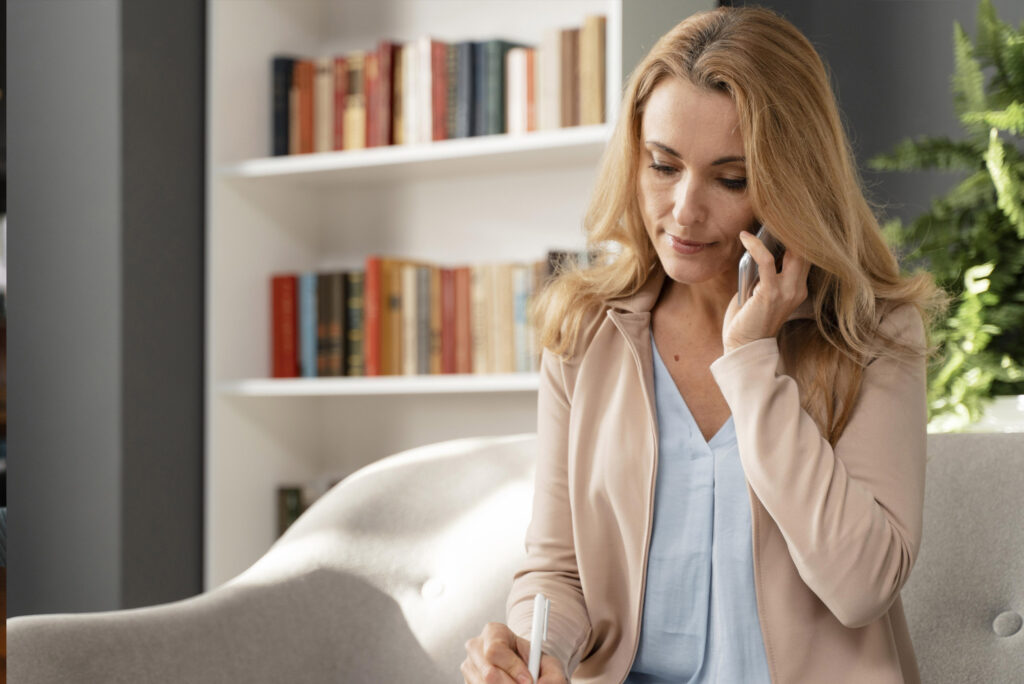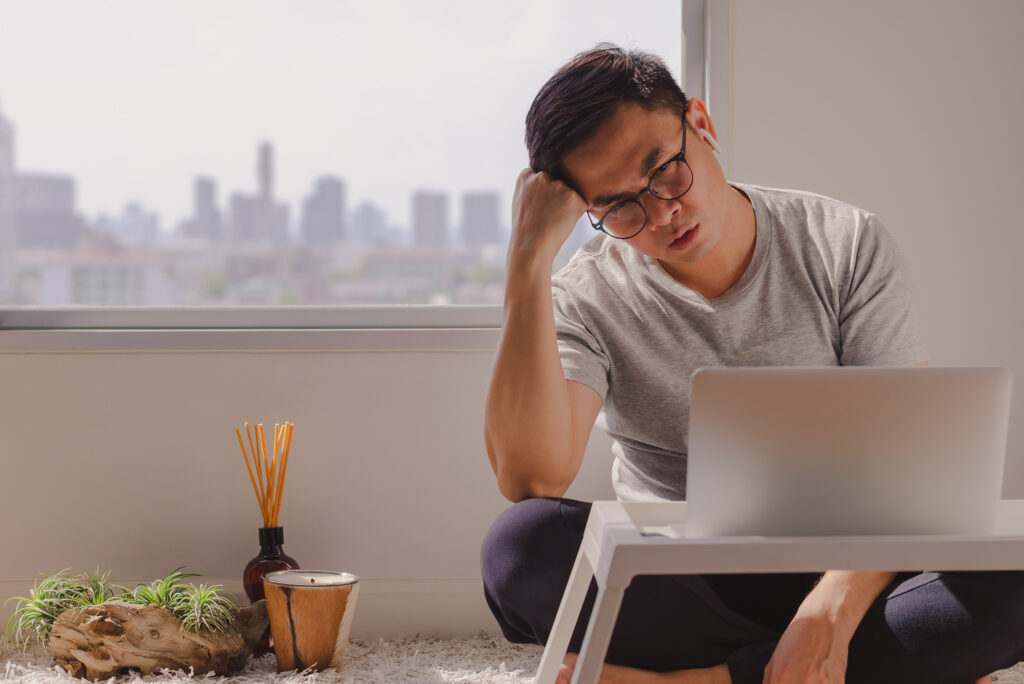As we emerge from the lockdown
As COVID-19 vaccinations continue to roll out, many of us are starting to see the end of this pandemic in sight. For myself, the prospect of finally getting to visit friends and family, to go to parties, restaurants, concerts or festivals, is really exciting.
But I want to acknowledge something else I’ve experienced as well, and it’s a part of me that I think, honestly, adapted almost too well to the lockdown. There were times when it was downright cozy. There were times when it felt like a relief. There was no pressure to talk to strangers. I had the option to cancel plans with the most convenient of excuses.
I share this with all of you because I imagine that, to many of you, this is sounding familiar; an aspect of yourself that is not necessarily in a hurry to get back to the way things were. As we begin to emerge from the lockdown and start socializing again, we might find ourselves feeling weirdly antsy before a visit. You might start feeling very uncomfortable or self-conscious about your body. You might find yourself over-analyzing what you just said (i.e. “Did that comes out weird? Are they looking at me weird?”). You might start fretting about the encounter afterwards, possibly days later, but you can’t pinpoint exactly why.
You're Not alone
If you notice that this is happening, keep in mind that this is all quite normal. Hundreds of people in countries where lockdowns are being eased are reporting this experience. Having adapted to the pandemic for so long, our brains – specifically our amygdala – is sending signals of threat detection because socializing in the way we used to now feels unfamiliar. And the amygdala is not a big fan of things that feel unfamiliar.
A common phenomenon we talk about in therapy is the avoidance/anxiety cycle. While avoiding certain situations that make us anxious can work in the short term, this can actually maintain our anxiety over the long term. In preparation for shifting away from this cycle, we can start gradually facing these situations in small doses, so it doesn’t hit us all at once. This can include:
- Making a point of going for a walk every day, even if it’s just down the block, or going to the grocery store or pharmacy in person rather than using a delivery service.
- If you are starting a new job or going to school, try visiting the building or campus before you actually begin work, just to walk around until you start to feel more comfortable.
- Making a plan for how many social events you can tolerate in one day and then stick to that plan.
- Trying to socialize in other ways, such as talking on the phone, using video calls, or sending emails to friends and loved ones.
Remind yourself that we are all experiencing these new feelings together.
You might find yourself thinking, “OMG this person thinks I’m weird”, but it’s far more likely that the other person is thinking, “OMG this situation is weird.” If this happens, and you are among people that you feel safe with, the best solution is to label the experience:
“I’m feeling so awkward in my body right now – it’s like I’m re-learning how to socialize again,” or, “I’m using humor a lot, aren’t I?” Opening the door to talk about these things honestly will allow others to feel safe enough to do the same.
Remember that we will likely all be experiencing some form of anxiety as we start to come out of this. It’s only natural and it’s something that we can all work at gradually. And if it just seems a little too hard, always remember that we therapists are here to help as well. Just like this pandemic, this too shall pass.
Article by: Cody Harper



